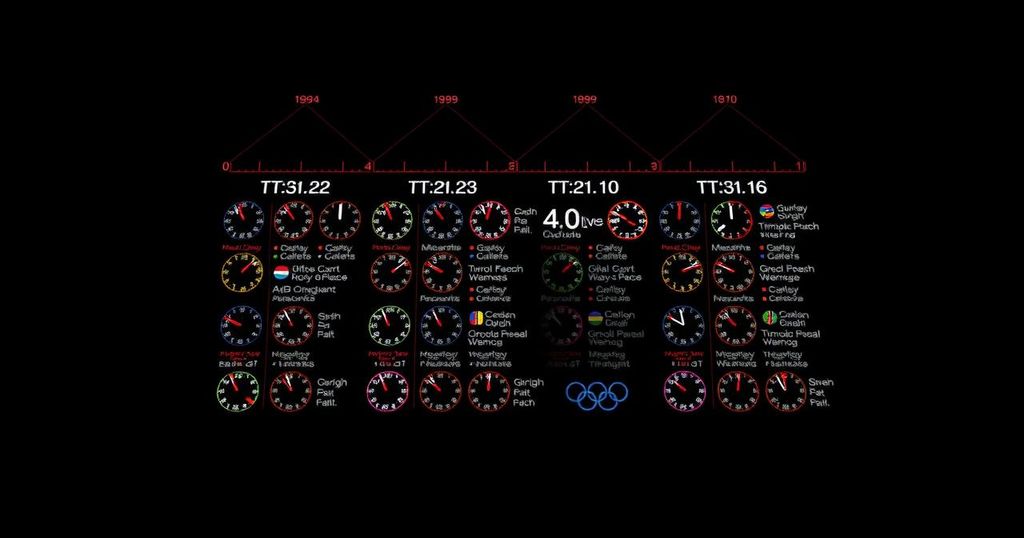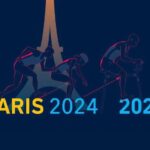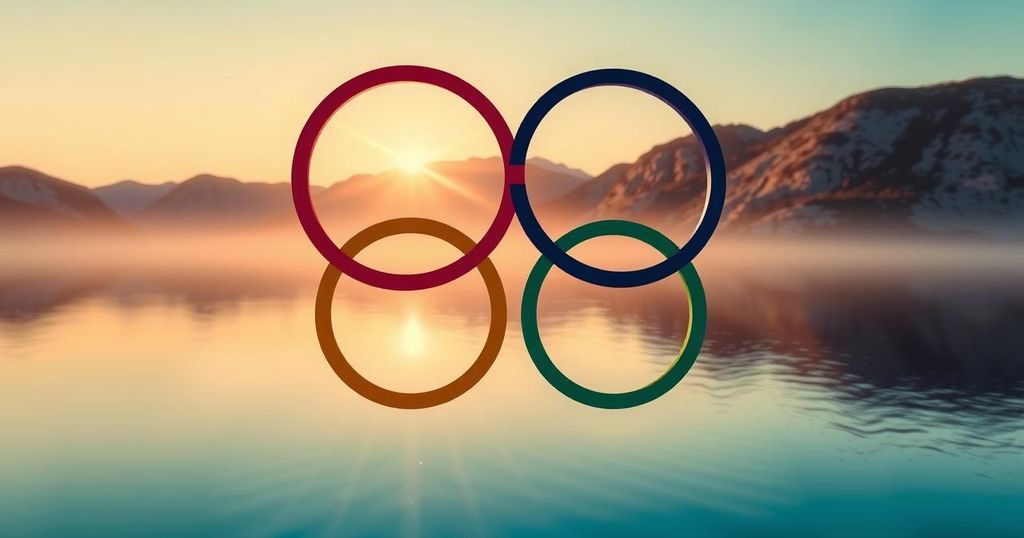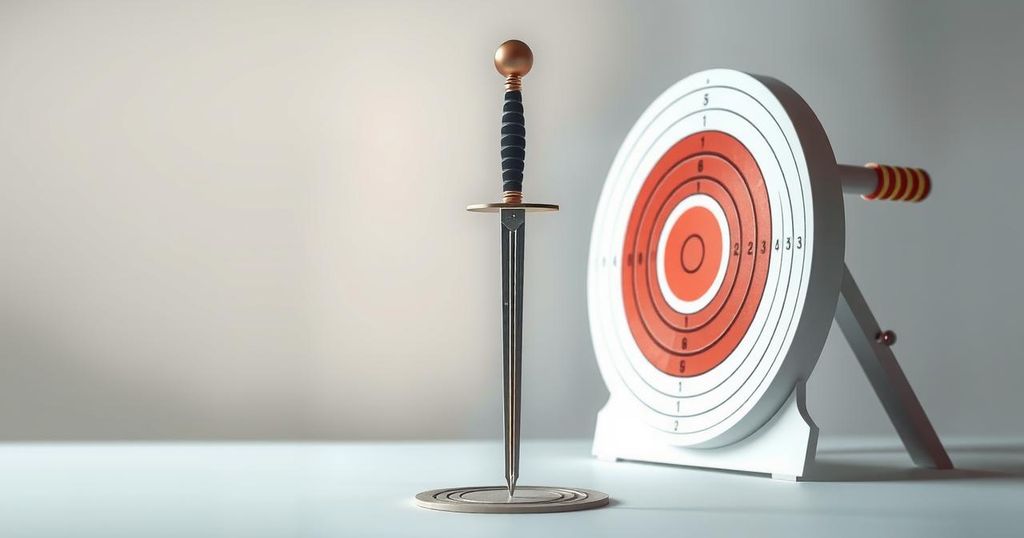Omega’s Commitment to Precision in Paralympic Timekeeping
In the realm of the Olympic and Paralympic Games, the precision of timekeeping is paramount, and Omega, a long-standing partner since 1932, exemplifies this commitment. According to Alain Zobrist, the chief executive officer of Omega, every decision made in the field of timekeeping is final once executed, emphasizing the necessity for accuracy in all operations.
Currently, approximately 260 employees from Omega are dedicated to the ongoing Paralympics, ensuring that the events are timed with unmatched precision. The firm has continually advanced its technologies, evident in the innovations introduced at the Paris 2024 Games, such as state-of-the-art photo finish cameras capable of capturing 40,000 frames per second and advanced sensors that measure reaction times down to a quarter of a millisecond. While many of these enhancements are utilized across both the Olympic and Paralympic events, exclusive features have been designed specifically for the Paralympics.
During recent demonstrations at various venues, Zobrist highlighted the deployment of photocells positioned lower to better capture the performance of athletes in wheelchairs. Moreover, synchronized flashlights on starting blocks have been introduced to align with the sound of the starting gun, ensuring fair competition.
In timed events, the standards for determining winners are meticulously established. For instance, in standing races, the front torso is the determining factor, while in wheelchair events, the front wheel is used. Such standards gain importance, as observed in the recent men’s 100-meter final, where questions arose regarding the victory of Noah Lyles over Kishane Thompson. Zobrist assured that the measurement protocols leave no room for ambiguity.
To uphold fairness in competition, the International Paralympic Committee, in coordination with Omega, has instituted a 30-minute window for filing protests post-event. Zobrist articulated, “It is the only way to keep everything fair.”
While Omega’s fundamental responsibility centers on timing and scoring, their contributions to the Games extend beyond these parameters. They are also tasked with supplying graphical data for broadcast displays, thereby enriching the viewing experience for audiences worldwide.
The expertise of Omega’s predominantly engineering staff fosters an environment focused on accuracy and attention to detail. As Zobrist stated, “It is a privilege to work alongside such a dedicated group.” Omega’s comprehensive role and innovations signify their unwavering dedication to maintaining the integrity and excellence of the Olympic and Paralympic Games.








Post Comment